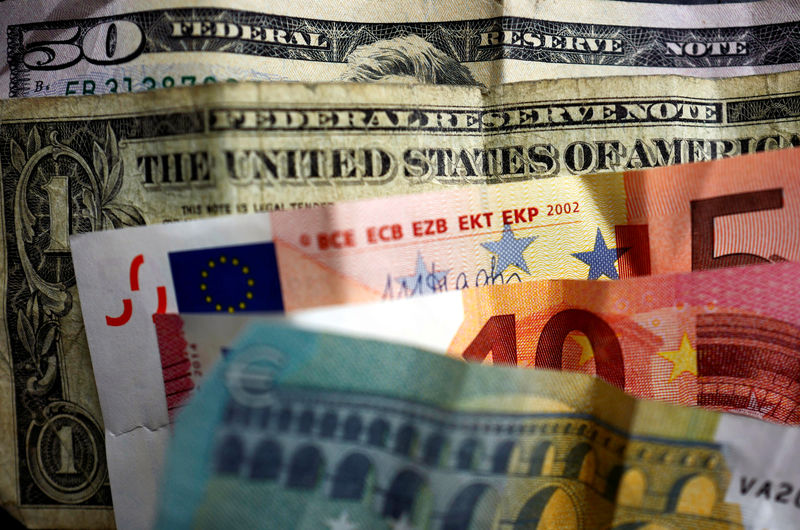Beamr video compression achieves up to 50% improvement for AVs
By Peter Nurse
Investing.com - The U.S. dollar handed back some of its gains in early European trading Wednesday, while the euro rose on the back of soaring German producer prices.
At 03:05 ET (07:05 GMT), the Dollar Index, which tracks the greenback against a basket of six other currencies, fell 0.1% to 112.823, retreated after an overnight surge of nearly 1% as the U.S. Treasury yields soared.
The U.S. Federal Reserve is widely expected to continue its aggressive interest rate hikes at its next meeting in early November, as it attempts to curb red-hot inflation.
Federal Reserve Bank of Chicago President Charles Evans emphasized the need for further action in a speech on Wednesday, saying "making sure that we've got monetary policy at a sufficiently restrictive stance so that we're not inducing inflation -- we're trying to get it down -- that's the objective at the moment."
The benchmark U.S. 10-year Treasury yield rose to 4.154% early Thursday, its highest level since mid-2008, while the 2-year Treasury yields touched a 15-year high of 4.582%.
USD/JPY edged up to 149.94, just below the 150 level and the pair's highest level since August 1990, as the markets remained on high alert for any signs of intervention.
Japanese authorities intervened in the foreign exchange market last month to buy yen for the first time since 1998, at around the 145 level.
EUR/USD rose 0.2% to 0.9787 after German producer prices rose by 2.3% on the month and by an eye-watering 45.8% on the year, as companies again passed on sharp increases in their energy costs to buyers.
The numbers show sustained inflationary pressure in the economic pipeline and add to the pressure on the European Central Bank to keep raising interest rates despite the obvious slowdown in the Eurozone economy.
The ECB should lift borrowing costs by 75 basis points at its next two meetings in October and December, Governing Council member Boštjan Vasle said Wednesday in an interview.
GBP/USD rose 0.1% to 1.1221, failing to get much support from U.K. inflation soaring above 10% in September as the country's political turmoil continued with the resignation of Home Secretary Suella Braverman.
Braverman criticized the leadership of new Prime Minister Liz Truss, increasing the uncertainty over the length of new tenure in the wake of her ill-fated tax-cutting program.
AUD/USD fell 0.1% to 0.6264, NZD/USD fell 0.1% to 0.5661, while USD/CNY traded flat at 7.2285, close to levels last seen during the 2008 financial crisis.
China's central bank kept two key lending rates unchanged on Thursday for a second consecutive month, after an unexpected cut in August, as it grapples with slowing economic growth and a severely weakened yuan.
